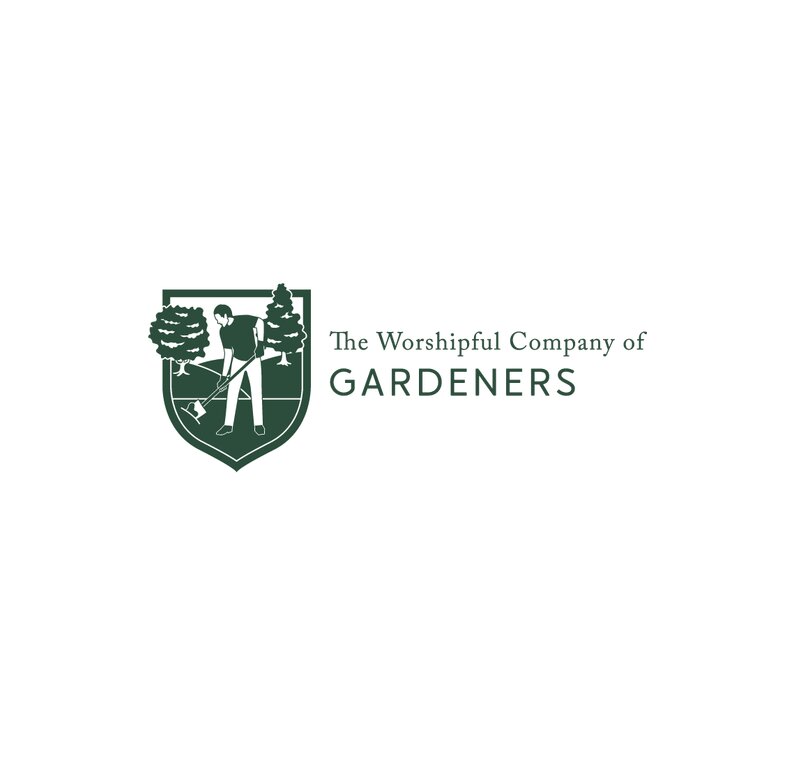
Worshipful Company of Gardeners
The Worshipful Company of Gardeners, first mentioned in City Corporation records in 1345, is a survivor from the medieval craft guilds which exercised control over the practice of their particular crafts and ensured a proper training through the system of apprenticeship.
In 1605, after existing for centuries as a mystery or fellowship, the Guild was incorporated by Royal Charter. The Charter sets out the operations controlled by the Company: “The trade, crafte or misterie of gardening, planting, grafting, setting, sowing, cutting, arboring, rocking, mounting, covering, fencing and removing of plants, herbes, seedes, fruites, trees, stocks, setts, and of contryving the conveyances to the same belonging..."
Today, the Company ranks number 66 in the order of precedence of Livery Companies in the City of London. It is a "living" guild and numbers among its members both professionals and amateurs who are actively involved in the craft. All are united by a common bond of horticulture and gardens. The Company pursues a range of objectives to ensure its relevance to the horticultural industry and to the City of London including;
- Promoting the art, science and practice of horticulture, with particular reference to practice in the London area and through strong links with the horticulture industry.
- Communicating the importance of horticulture to society, including the economy, health and well-being, climate change adaptation and mitigation and clean air.
- Encouraging and supporting informal and formal horticultural education
We are a new Nuffield sponsor and are particularly interested in potential candidates from the breadth of the horticultural sector. We would welcome proposals which focus on (but are not limited to) projects, such as:-
- Using horticultural output to advance greening of cities
- Green walls or green rooves in urban design
- Integrating horticulture in urban development
- Research and advancement of sports and amenity turf
- Hydroponic growing methods in horticultural production
- Tissue culture for varietal development
- Soil structure, fertility and management
- Climate change and plant health management
- Improving drought tolerance in plants and grasses
- Implementation of artificial intelligence & data management
- Improving biosecurity and conservation
Contact: [email protected]
Scholars Sponsored
Only most recent are listed.
- 2025
Sam Brook
I grew up on a farm in West Sussex and loved it, but my first career was in Shipping. After 8 years in that industry in various countries, I found myself drawn back into food production. I retrained...
- 2022
Tom Young
After growing up in rural Staffordshire I studied ecology in Sheffield, cumulating in a PhD specialising in green roof technology. I have worked within the amenity sector for the - 2018
Richard Harrison
I began my scientific career with a degree in Biological Sciences at Lancaster University, followed by a PhD at the University of Manchester. Following this I was awarded an MRC fellowship in Biomedical Informatics at the University of Edinburgh.